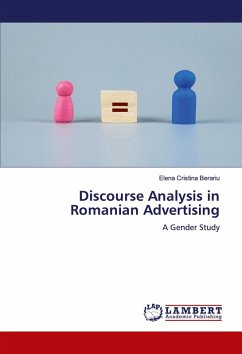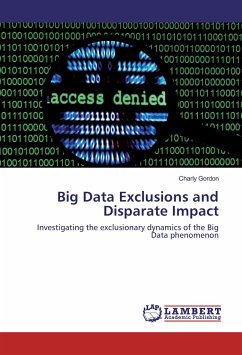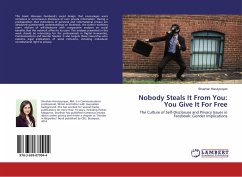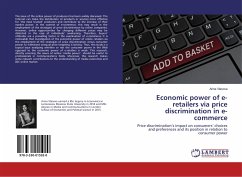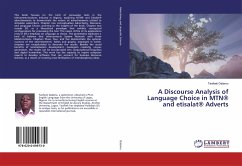This paper analyzes the print advertisements from the communist and post-communist period in Romania, aiming to show that the message of the advertising discourse transmitted through images and language goes beyond the denotative meaning towards social, economic and political connotations. It is shown that advertisements are reflections of the society in which we live, being influenced and in turn influencing the attitudes and concepts of those who receive them; advertisements do not only manipulate the structure and interpretation of the discourse in order to facilitate the sale of a product, but even maintain and disseminate social attitudes. This study underlines the strong impact of the economic, political and social context on the evolution of advertising discourse in Romania, highlighting aspects related to the perception of gender.Reviewers:Associate professor Butiurca Doina-Ileana, PhDAssociate professor Neagu Maria-Ionela, PhD
Bitte wählen Sie Ihr Anliegen aus.
Rechnungen
Retourenschein anfordern
Bestellstatus
Storno

